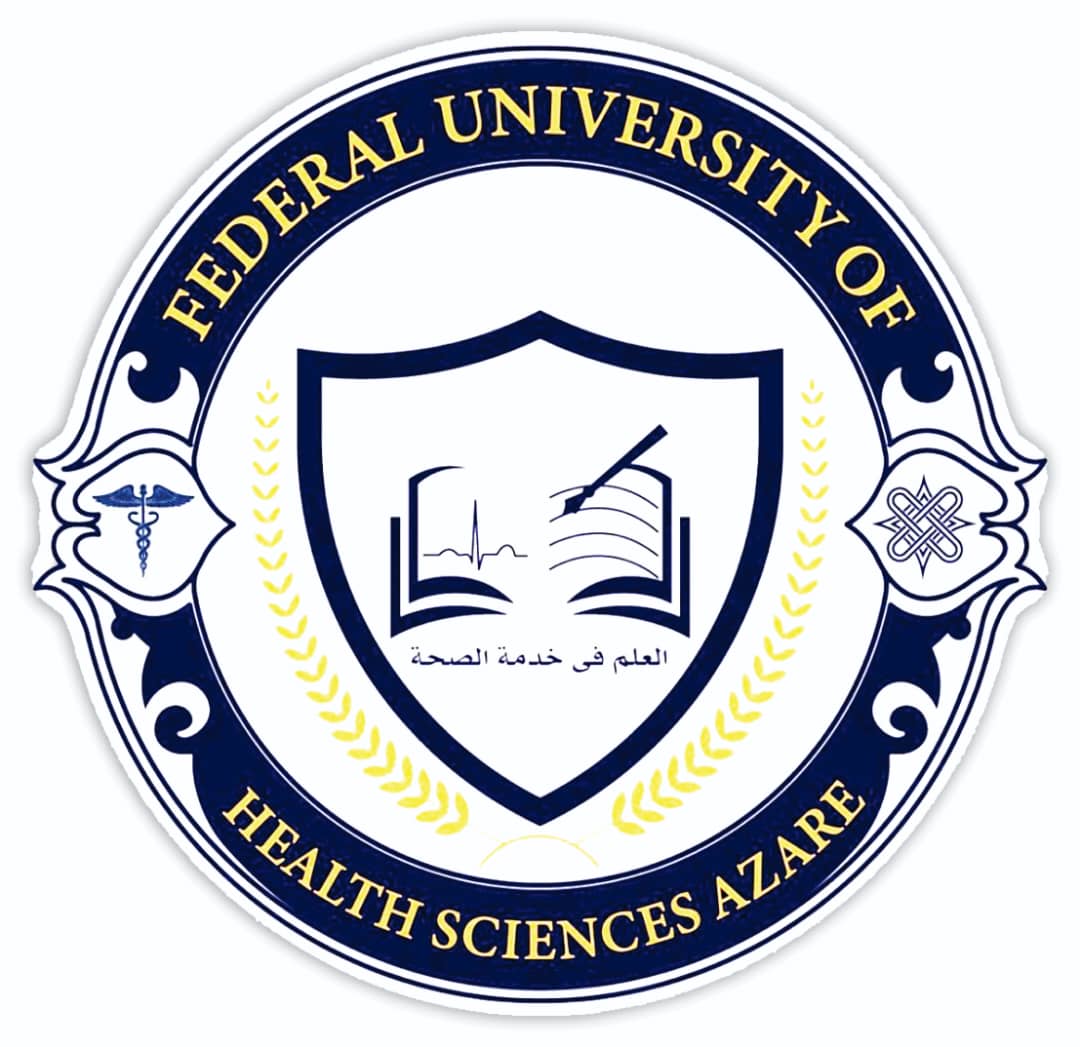Publication Ethics
The Scholar Journal of Health Sciences is a Peer Reviewed Journal committed to upholding the highest standards of
publication ethics to ensure public trust. THE SCHOLAR adheres to the publications ethics
recommended by the Council of Science Editors (CSE), the Committee on Publication Ethics
(COPE), the International Committee of Medical Journal Editors (ICMJE), and the World
Association of Medical Editors (WAME).
Authorship
Authors listed on a manuscript submitted to THE SCHOLAR should have made significant
contributions to the conception, design, execution, interpretation, drafting, or writing, or
substantially revised or critically reviewed the reported work and share responsibility and
accountability of its content in all stages of the publication process.
As stated in the International Committee of Medical Journal Editors (ICMJE)
Recommendations, credit for authorship requires:
Substantial contributions to conception and design; or acquisition, analysis, or
interpretation of data
Drafting of the article or critical revision for important intellectual content
Final approval of the version to be published
Agreement to be accountable for all aspects of the work in ensuring that questions related
to the accuracy or integrity of any part of the article are appropriately investigated and
resolved
Corresponding authors
This is the person solely responsible for all correspondence with the Journal and will receive all
emails regarding forms, authorship issues, manuscript files, etc. THE SCHOLAR permits only
one corresponding author per manuscript submission.
Originality and plagiarism
Authors are to ensure that their work is original and should appropriately cite/quote the work or
words of others including data and images.
Data access and retention
Authors should be aware that they may be asked to provide the raw data of their work for review
where necessary.
Data fabrication and falsification
Authors submitting their article to THE SCHOLAR should ensure that all data are accurate, and
representative of their research. They should be aware that making up findings (data fabrication)
and/or their manipulation through omission, changes, addition, etc. (data falsification) is
considered a grievous offence by THE SCHOLAR, and such an article will be immediately
rejected.
Multiple submissions and redundant or concurrent publication
THE SCHOLAR discourages and will not accept a submission or continue with the processing
of a manuscript found to have been submitted to other journal/s. Authors are also advised not to
publish many very similar manuscripts based on the same research findings.
Conflicts of interest
Authors must include in their submission a statement of disclosure of all relationships (financial,
commercial, legal, professional, etc.) that could constitute a potential conflict of interest.
For all research articles authors should state the study sponsorship if any. The Journal expects
that authors no significant financial interests in any biomedical company relevant to topics and
products discussed in the study. When prospective authors do have financial ties to
disclose, Journal editors decide whether they are relevant to the subject and whether they are de
minimis. The journal policy requires that none of its editors have any financial relationships with
any biomedical companies.
Significant errors in the article noticed after publication
When a published article is discovered to have a significant error or misconduct, corrective
measures that THE SCHOLAR can employ include: Expression of Concern, Correction
(Erratum or Corrigendum), Retraction, or Removal following COPE guidelines
Reporting standards
Authors should give an accurate report of their work in a way that supports easy verification and
reproduction. This report should comprehensively describe the research rationale, protocol,
methodology, and analysis as appropriate following the study design and specific reporting
guidelines such as STROBE, CONSORT, PRISMA, MOOSE, etc.
Biohazards and human or animal subjects
Human research (individuals, samples, or data) must be performed following the principles
stated in the Declaration of Helsinki, and ethical approval must be obtained from the local
institutional review board (IRB) or other appropriate ethics committee to confirm the study
meets national and international guidelines for research on humans. Voluntary informed consent
must be obtained following the principles of the Nuremberg Code and the Belmont Report.
Animal studies including field studies and other non-experimental research must be carried out
after obtaining approval from the relevant institutional ethics committee and should be reported
according to recommended guidelines.
Statements of compliance with institutional biosafety and biosecurity policies are required if the
work involves chemicals, procedures, or equipment that have any unusual hazards following
national or international recommendations
Use of patient images or case details
The use of patient images or case details requires consent and ethics committee approval.
Authors should obtain the necessary written permission to include such material if owned and
held in copyright by a third party
Advertising
Where an advertisement is done in THE SCHOLAR, we ensure that advertisers have no control
over editorial material under any circumstances.




